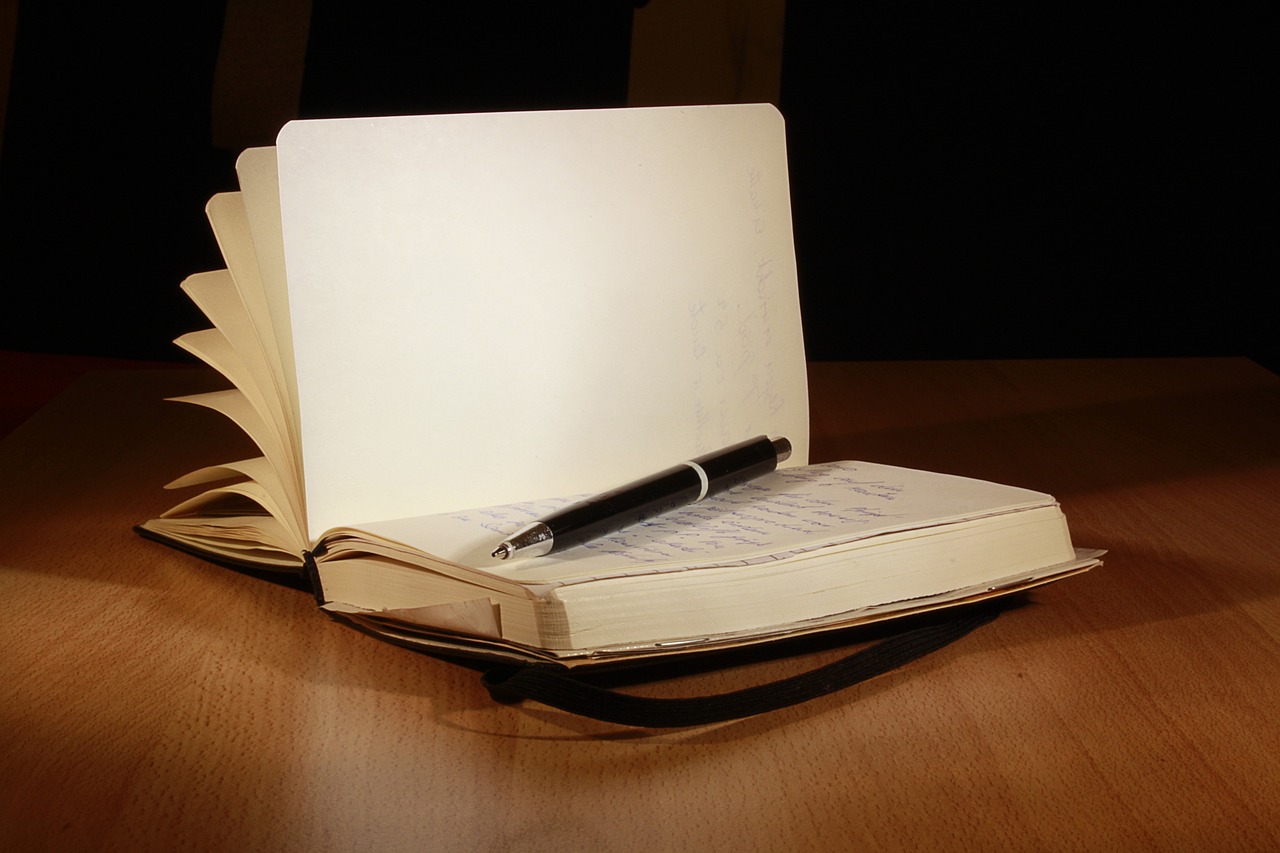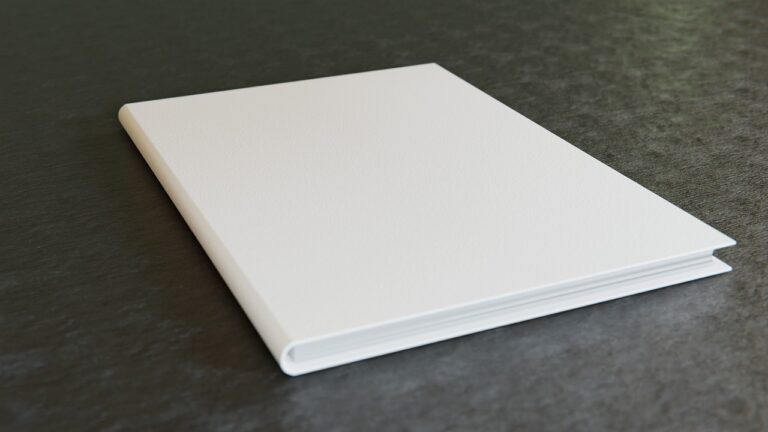Addressing Test Anxiety through Mindfulness and Relaxation Techniques: Play exchange 99, Lotus365 login, Playxchange
play exchange 99, lotus365 login, playxchange: Addressing Test Anxiety through Mindfulness and Relaxation Techniques
Are you someone who feels anxious when faced with a test or exam? Do you find yourself worrying excessively about your performance, leading to feelings of stress and unease? If so, you are not alone. Test anxiety is a common issue that many students face, but the good news is that there are effective ways to address it.
One approach that has been shown to help reduce test anxiety is mindfulness. Mindfulness is the practice of being fully present in the moment, without judgment. By focusing on the present moment and letting go of worries about the future, mindfulness can help calm the mind and reduce stress levels.
Here are some mindfulness techniques you can try to help alleviate test anxiety:
1. Deep Breathing: Take a few moments to focus on your breath. Inhale deeply through your nose, hold for a few seconds, and then exhale slowly through your mouth. Repeat this several times to help relax your body and mind.
2. Body Scan: Close your eyes and bring your awareness to each part of your body, starting from your toes and moving up to your head. Notice any tension or discomfort, and gently release it as you go.
3. Mindful Meditation: Set aside a few minutes each day to sit quietly and focus on your breath or a simple mantra. Allow thoughts to come and go without getting caught up in them, and return your attention to the present moment.
4. Grounding Techniques: Use your senses to bring yourself back to the present. Notice the sights, sounds, smells, and textures around you, and let them anchor you in the here and now.
5. Progressive Muscle Relaxation: Tense each muscle group in your body one at a time, holding for a few seconds, and then releasing. This can help release physical tension and promote a sense of calm.
In addition to mindfulness techniques, relaxation exercises can also be helpful in managing test anxiety. Here are some relaxation techniques you can try:
1. Visualization: Close your eyes and imagine yourself in a peaceful place, such as a beach or a forest. Picture the scene in detail, using all of your senses to immerse yourself in the experience.
2. Guided Imagery: Listen to a recording or guide that leads you through a relaxation exercise, such as a mental journey to a tranquil setting.
3. Progressive Relaxation: Tense and relax each muscle group in your body, starting from your toes and working your way up to your head. This can help release physical tension and promote relaxation.
4. Yoga or Tai Chi: Engage in gentle movement practices that combine physical postures with breathing techniques to promote relaxation and reduce stress.
By incorporating mindfulness and relaxation techniques into your daily routine, you can help reduce test anxiety and improve your overall well-being. Remember, practice is key, so be patient with yourself as you explore these techniques and find what works best for you.
Frequently Asked Questions (FAQs):
Q: How can mindfulness help with test anxiety?
A: Mindfulness can help calm the mind and reduce stress levels by focusing on the present moment and letting go of worries about the future.
Q: How long do I need to practice mindfulness before seeing results?
A: Results may vary, but with consistent practice, you may start to see benefits within a few weeks.
Q: Can relaxation techniques be used during a test?
A: While you may not be able to practice deep breathing or progressive muscle relaxation during a test, you can use visualization or grounding techniques to help calm your nerves.
Q: Are there any apps or resources that can help with mindfulness and relaxation?
A: Yes, there are many apps and online resources available that offer guided meditations, relaxation exercises, and mindfulness practices to help manage test anxiety.
In conclusion, addressing test anxiety through mindfulness and relaxation techniques can be a powerful way to calm your mind, reduce stress, and improve your performance. Remember to be patient with yourself as you explore these techniques and find what works best for you. With practice and persistence, you can conquer test anxiety and approach exams with confidence and clarity.







